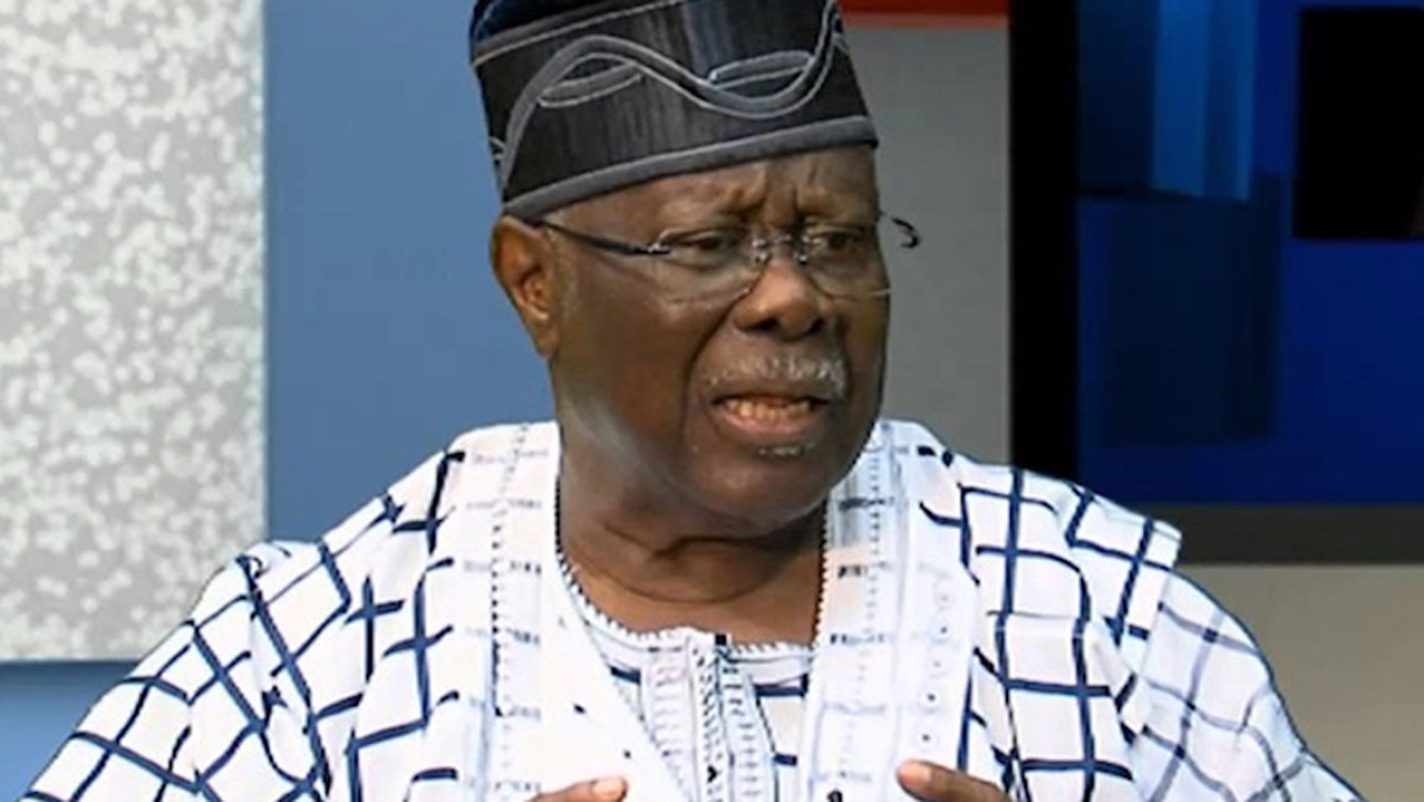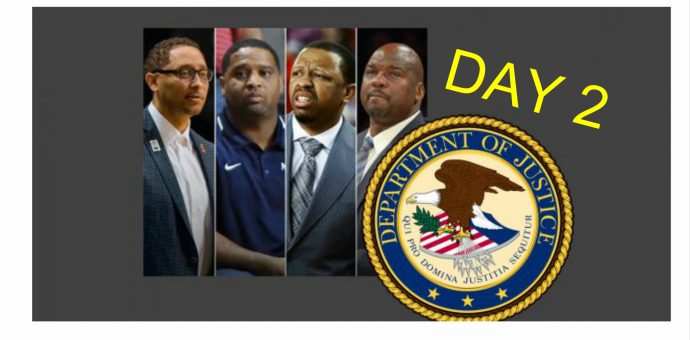
Throughout various administrations in Ghana, a concerning trend has become firmly established: the typical approach to official communication tends to be reactive, emotional, and confrontational — instead of being strategic, calm, and focused.
As one government transitions to another, the people involved may differ, yet the script continues to remain unchanged. Rather than using communication as a means to promote understanding, build trust, and create national agreement, it is often used as a defense against criticism or, even more troubling, as an instrument in political conflicts.
Public discussions evolve into defensive speeches. Media interviews transform into aggressive displays. Press releases are quickly put together reactions to public anger instead of forward-looking stories that educate and calm.
The emphasis, repeatedly, lies in countering opposition, suppressing disagreement, and gaining political advantage—rather than involving the public or clarifying governmental policies with understanding and compassion.
This ongoing pattern goes beyond merely undermining public confidence — it undermines the core of democratic conversation. In an era where the public is more knowledgeable, more outspoken, and more demanding than ever before, these obsolete methods of communication are no longer adequate. If anything, they increase the divide between the government and the people, intensifying dissatisfaction and skepticism.
It's high time for a fresh start. Government communication needs to move from reactive responses to a strategic approach, from conflict to engagement, and from being defensive to demonstrating thoughtful leadership.
Strategy is not a choice — it is crucial
A well-functioning government's communication is not an extra or a PR indulgence — it is a fundamental aspect of governance. It acts as the link between leaders and the people, influencing how policies are perceived, how choices are interpreted, and how credibility is either gained or lost. When done effectively, communication turns complicated policies into understandable stories, controls public expectations, reduces false information, and — above all — fosters public confidence.
However, trust is not formed through spontaneous actions. It is gained by maintaining consistency, clear communication, and reliability — all of which require a conscious, planned strategy in how we convey our messages.
Regrettably, within Ghana's political environment, this crucial priority is frequently overlooked. Government messaging often alternates between silence and excessive response, between composed distance and dramatic self-defense.
Public involvement is often confused with showmanship: clever responses are valued more than factual information, and the focus is on winning verbal contests instead of enhancing general comprehension.
Media interviews are handled similarly to political arguments. Press briefings serve as stages for ideological displays. Social media, which could be a powerful instrument for openness and immediate conversation, has become a field for mockery and exaggerated content. Amid all this, what is lacking is the steady confidence of leadership—communication that listens initially, clarifies afterward, and motivates continuously.
This goes beyond a simple missed chance; it represents a significant risk. In an information environment that is constantly changing, where the public is increasingly demanding and critical, the government cannot afford to use old, reactive methods of interaction. Leadership should not only be shown through choices but also through the way these choices are conveyed.
The importance of strategic design
Government communication must be carried out with the same level of precision and purpose as the development of policies. It is not based on assumptions; it is a structured field — one that combines logical analysis with emotional awareness.
On one side, the field of strategic communication necessitates a structured approach. This involves dividing the audience — recognizing who the message is intended for; shaping the message — designing it in a manner that connects; selecting the platform — determining where and how to deliver it; and deciding on the timing — identifying when it will make the most difference. It also involves having systems in place to measure public opinion and modify strategies as needed.
On the contrary, the skill of communication is rooted in empathy and building connections. It involves tone and presentation. It means understanding how a mother in a market or a university student in Tamale could perceive a message in different ways. It is about going beyond cold bullet points and numbers to share stories that illustrate real-life experiences. It is about making governance more human.
Nevertheless, in many instances in Ghana, the reverse occurs. Rather than adopting a cohesive strategy, communication turns into a rushed effort. Statements are released only once a crisis has escalated. Reactions tend to be defensive instead of enlightening. The message is influenced more by the need to protect political image than by a sincere effort to address the public's issues.
These immediate responses not only harm trust, but also increase public anger. People are not just looking for notifications — they seek confidence. They wish to know what is occurring, the reasons behind it, and its impact on them. This can only be accomplished by communication that is forward-thinking, well-planned, and focused on the needs of the people.
A genuinely strategic communication strategy would require foreseeing the questions that may arise. It would involve providing answers not only with facts, but also with background and empathy. It would mean seizing every chance—whether in interviews or social media posts—not solely to support government policies, but to clarify them and foster connections of mutual understanding.
In essence, dialogue should stop serving as a means for political endurance and instead transform into a foundation of national governance.
Communication must connect — not disconnect — trust
A government representative is more than someone reciting scripted messages. They serve as a connection — an essential link between policy and the public, between governmental choices and public comprehension.
Their responsibility goes beyond simply sharing information; it involves interpreting purpose, establishing trust, and promoting belonging. When executed effectively, government communication enhances the social agreement; it engages citizens in the governance system and makes them feel connected to the country's progress.
However, that bridge collapses as soon as communication turns confrontational instead of constructive. When government representatives view public criticism as a personal attack or see disagreement as betrayal, they neglect their fundamental responsibility. Such a defensive attitude not only distances the public but also increases suspicion towards governmental bodies.
In a working democracy, differing opinions are not harmful — they are essential. People who question government decisions are not enemies to be defeated; they are individuals with a vested interest whose voices should be considered. Their worries, disappointments and even anger usually come not from ill intent, but from unfulfilled hopes, ignored hardships or a wish to see their nation succeed.
Regrettably, the present communication culture in Ghana has made aggressive speech and biased confidence commonplace. Government spokespersons often display an aggressive attitude — interrupting reporters, undermining different opinions, and labeling legitimate issues as "propaganda" or "uninformed." Rather than encouraging a national dialogue, they deepen divisions. And when this occurs, governance faces challenges — since without trust, even the most effective policies can fail.
In the end, the purpose of public communication shouldn't focus on gaining cheers from the party's supporters. Instead, it should aim to gain trust throughout the entire range of audiences. Trust isn't developed by loudness or hostility; it's established through openness in clarifying choices, modesty in acknowledging mistakes, and consistency in maintaining a unified message across all platforms and during times of emergency.
The importance of emotional intelligence compared to emotional work
A significant, yet frequently neglected, issue in government communication is the mix-up between emotional labor and emotional intelligence. Numerous communicators think their job is to display unwavering calmness — to maintain a stoic appearance when confronted with public outrage. They hide their visible irritation, repeat prepared statements, and act composed as a responsibility.
However, genuine emotional intelligence extends well beyond surface-level impressions.
Emotional intelligence involves grasping the emotional environment of your audience — and reacting to it with insight, compassion, and flexibility. It's the skill of sensing the atmosphere, identifying changes in public mood, and modifying your tone and communication accordingly. It means understanding when keeping quiet can be more impactful than responding, and when a sincere acknowledgment is more respected than a well-crafted denial.
An individual with emotional intelligence does not perceive questions as pitfalls, nor do they see criticism as personal assaults. They stay calm not through repression, but due to a clear understanding within. They interact with compassion, clarify with tolerance, and guide with serene confidence.
This difference is important — as communication involves more than just the words spoken, but alsohowIt is often stated. A defensive and anxious speaker might possess all the correct information but still fail to connect with the audience. In contrast, a calm and respectful communicator can capture people's hearts even when conveying tough messages. This highlights the strength of emotional intelligence.
Adopting this change would alter the nature of public discussion in Ghana. It would ease the intensity of national debates, lessen the confrontational style of media interactions, and allow room for authentic conversation — the sort that democracies greatly require.
A mindset of deliberate messaging A framework of intentional outreach A system of calculated dialogue A philosophy of purposeful expression A structure of focused messaging A tradition of planned communication A practice of targeted information sharing A method of controlled messaging A protocol of structured communication A discipline of intentional discourse
For Ghana to enhance the bond between the government and its people, it needs to make a significant change in how it communicates. The importance of this effort is too great to continue with the same methods. The focus on performance, counterarguments, and blame should be replaced by a structured, people-centered strategy based on expertise, planning, and understanding.
We need to shift from spontaneous to intentional communication. Government representatives should never participate in media interviews or press briefings without proper preparation. Each interaction should be driven by a well-defined goal, grounded in accurate information, and conducted with a courteous manner.
We need to move away from indifference and adopt a more compassionate approach to listening. People do not wish to be looked down upon — they desire to be treated with respect. When leaders recognize their suffering and present their strategies with genuine intent, confidence is built.
We need to substitute personal stories with messages based on data. Effective communication should showcase the actual experiences of people — not just political viewpoints. Genuine narratives, factual statistics, and tangible outcomes should direct all communications.
Most importantly, we need to emphasize constructive conversations rather than confrontational debates. Press briefings and public remarks should serve as opportunities to clarify policies and build agreement, not to gain political advantages or attack adversaries.
In conclusion, Ghana doesn't require louder voices in government communication. It requires more thoughtful ones.
From combative to constructive
The government's communication should never be viewed as a battlefield. It is not meant to be a place for political conflicts or exchanging partisan criticisms. Instead, it should serve as an important medium for promoting mutual understanding, encouraging national agreement, and maintaining the delicate yet crucial trust that supports a democratic society.
In the current intricate and rapidly changing information environment — where false information circulates quickly, public worry is intense, and people are more knowledgeable and outspoken than ever before — the importance of thoughtful, compassionate, and balanced communication has never been greater. Although anger and intensity might boost political support in the short run, they damage the long-term bond between the government and its citizens.
Effective dialogue emphasizes clear expression rather than conflict, attentive listening instead of monologues, and intention over ego. It encourages leaders to look past the current political situation and reflect on the wider consequences of their words, the timing of their speech, and—most crucially—its underlying motivation.
If government communication focuses on defense, the public starts to anticipate avoidance. When it turns aggressive, people become disheartened. However, when communication is conducted with modesty, insight, and planning, it can reshape national stories, ease conflicts, and encourage teamwork in addressing issues.
This goes beyond the issue of tone — it concerns governance. A government that fails to communicate clearly and with respect is incapable of effective leadership.
Ghana is at a critical juncture. The issues we encounter — including economic revival, joblessness among young people, education, safety, and medical care — require leadership that is both firm in its policies and thoughtful in its communication. Consequently, the function of government communicators must move beyond the traditional patterns of political bias and spontaneous responses.
It's time for a change in approach — moving from communication that only protects to communication that guides. From messages that create division to messages that bring people together. From a culture of counterarguments to a culture of accountability.
Our democracy relies on it. Our progress depends on it. And most importantly, our citizens are entitled to it — not as a political gesture, but as a fundamental democratic right.
For government communication to genuinely benefit the country, it needs to transition from reflecting political agendas into guiding the nation's overall goals.
Provided by SyndiGate Media Inc. (Syndigate.info).









 Zimbabwe has cautioned Chinese investors against ignoring local labor and environmental regulations, as well as engaging in illegal financial practices, a rare position following prolonged public grievances.
Zimbabwe has cautioned Chinese investors against ignoring local labor and environmental regulations, as well as engaging in illegal financial practices, a rare position following prolonged public grievances.











